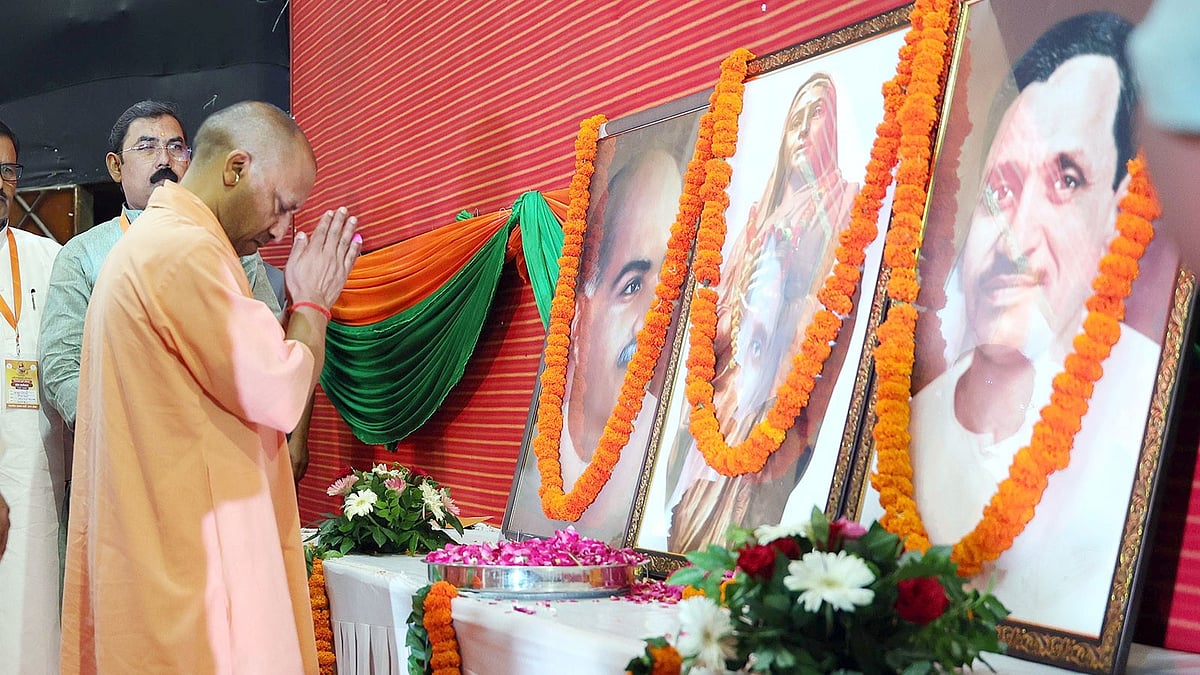Lucknow: Marking the 300th birth anniversary of Lokmata Ahilyabai Holkar, Chief Minister Yogi Adityanath praised her for embodying cultural revival of Sanatan heritage. Speaking at Indira Gandhi Pratishthan in Lucknow, he framed her temple restoration work spanning Kashi, as foundational to India’s civilizational identity.
While Ahilyabai’s life reflected quiet strength, reform, and devotion, the Chief Minister appeared to project her legacy as validation for present day state-led religious developments. He referred to the Kashi Vishwanath Dham project and other government-backed temple corridors as continuations of her work, subtly blending history with current political narratives.
Though the occasion was meant to celebrate a reformist queen who empowered women and redefined leadership, it was often used to justify ongoing state emphasis on symbolism over structural reform. In listing government schemes for women from Lakhpati Didi to Ujjwala Yojana, Yogi reiterated his administration’s alignment with traditional roles, while offering few specifics on sustained socio-economic change.
The event’s framing raised quiet questions among observers about whether Ahilyabai’s inclusive, justice-focused governance was being selectively appropriated to strengthen a political brand rooted in religious identity. While her legacy was invoked extensively, the actual discourse often appeared more interested in showcasing the government’s alignment with Sanatan values than honoring the full breadth of her progressive contributions.
Deputy CM Brajesh Pathak and religious leaders attended the ceremony, further cementing its image as both a tribute and a stage for ideological consolidation.
